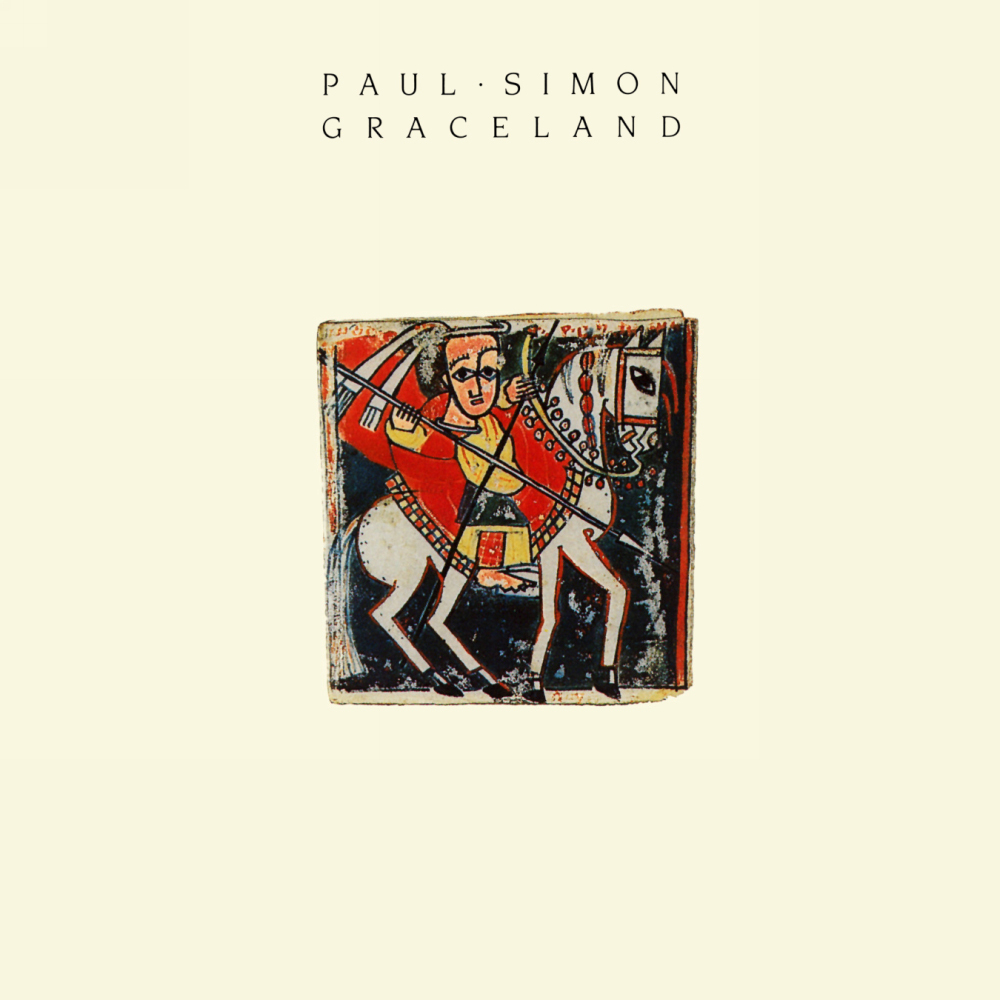The way we look to a distant constellation
That’s dying in a corner of the sky
These are the days of miracle and wonder
And don’t cry, baby, don’t cry
Don’t cry.
— “The Boy in the Bubble,” Paul Simon
I heard that Paul Simon song on Sirius radio last Thursday. I think it was on the Classic Vinyl station. I turned it up loud and thoughts arose, mostly about the time I first heard the Graceland album on which the tune made its debut.
It was the 1980s and we were living in Pittsburgh. My family and I were at a state park in Ohio, where we’d met up with three other families — friends with similarly aged young children. We’d rented cabins for the weekend and planned to fish and hike and cook out and probably have a little too much wine after the kids went to bed.
I’d just bought the Graceland cassette and we adults wore it out on a big jam box over the weekend. It took a minute for us to get used to the album’s quirky African rhythms and instrumentation — it was the big-hair Eighties, after all — but when it sunk in, it stuck, hard. It’s funny how music attaches itself like a sticky note to moments in your life.
Last Thursday, I happened to be listening to music because the thought of turning the Sirius dial to CNN or MSNBC or NPR or, heaven forbid, “Progressive Talk” radio was just unthinkable.
I used to listen to music all the time in the car, but as “The Boy in the Bubble” reached its familiar refrain in the Fresh Market parking lot, I realized I hadn’t really done so in months. I’d become obsessed with politics and the presidential race and I’d been spending all my time while in the car listening to news and political analysis. Horse race radio, basically.
A month ago, for example, I drove to upstate New York — 17 hours over two days — and listened to nothing but news and commentary, mostly about the presidential race. Even the podcasts I listened to were about politics. I was hooked by my confirmation biases and, if I’m honest, by the progressive outrage I was stewing in for hours at a time.
I was a boy in a bubble, and I wasn’t alone. There were millions of us, most of whom had convinced themselves that the Democrats would win, buoyed by outraged, pro-choice women, a fresh wave of committed young people, and a massive get-out-the-vote ground game. Oops.
There was another bubble, of course, one that pushed storylines supporting the GOP candidates and stirred up several ignorant and hateful narratives. There were millions of people in that bubble. I knew it existed, but I never dipped my toe into it for very long. Honestly, what kind of idiots would believe people were eating cats and dogs? Millions of them, apparently.
Some votes are still being counted as I write this, but it appears the Republican candidate won the presidency with around 25 percent of the nation’s eligible voters, about the same number he had in 2020, when he lost. The Democratic candidate garnered around 24 percent this time around.
But here’s the sad truth: The largest party in the country isn’t the Democrats or the Republicans. It’s the Apathy Party, which makes up around 47 percent of America’s eligible voters — those who couldn’t work up the time or energy to cast a ballot. They hold the power, but apparently have no interest in using it.
Around 8,000,000 fewer Americans voted in 2024 than in 2020. That’s a dangerous trend for a democracy, and something we need to figure out how to fix. In the end, it certainly wasn’t a landslide, as some have claimed. It was more like a slow mudslide. We need to dig out of the mud and leave our bubbles, but keep the faith. Speak the truth. These are the days of miracle and wonder. Don’t cry, baby. Don’t cry.
